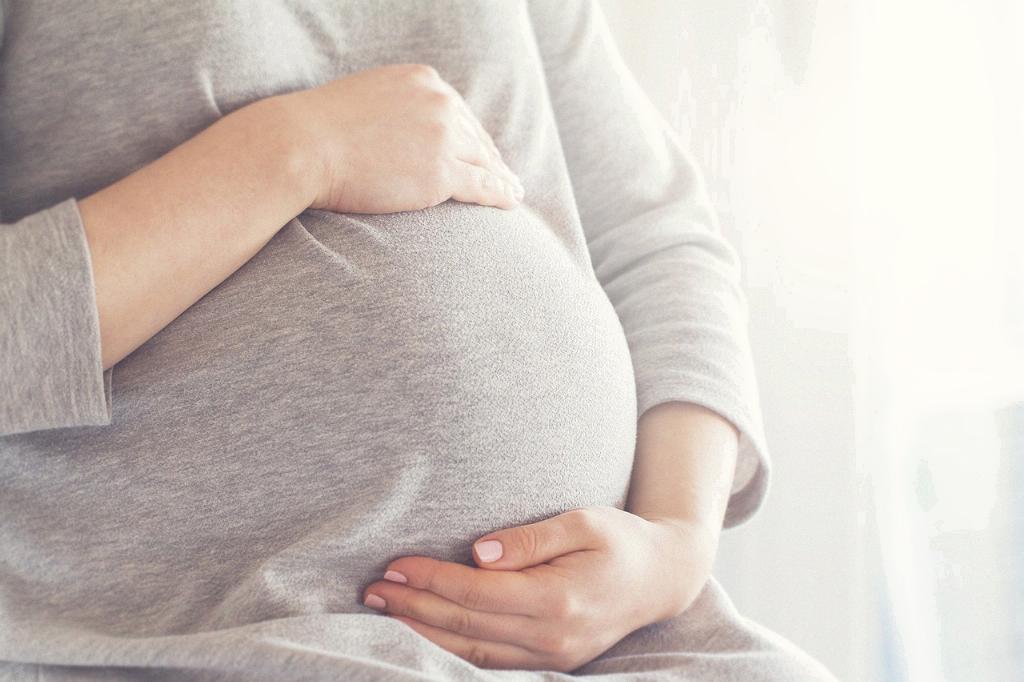Dehydration can be a serious concern during pregnancy, affecting both the mother and the developing baby. It is important to stay vigilant and recognize the signs of dehydration to ensure a healthy pregnancy.
Signs of Dehydration
Dry mouth is a common indicator of dehydration in pregnant women. If you are experiencing constant thirst and a dry sensation in your mouth, it may be a sign that you need to increase your fluid intake.
Dizziness and Weakness
Feeling lightheaded or dizzy can also be a symptom of dehydration during pregnancy. If you find yourself feeling weak or unsteady, it may be a cue to drink more water and replenish your body’s fluids.
Contractions
In some cases, dehydration can lead to contractions in pregnant women. If you are experiencing regular contractions that are not related to labor, it could be a warning sign that you need to hydrate properly.
Decreased Urination
Monitoring your urination frequency is a crucial aspect of recognizing dehydration during pregnancy. A decrease in urination or a darkening of the urine can indicate that you are not drinking enough fluids.
Seeking Medical Advice
If you are struggling to keep water down due to nausea or vomiting, it is essential to consult with a healthcare provider. They can provide guidance on managing hydration levels during pregnancy.
Importance of Hydration
Dehydration can pose risks for both the mother and the baby, making it essential to prioritize adequate fluid intake throughout pregnancy. Proper hydration supports the body’s functions and helps maintain a healthy environment for fetal development.
Effects of Dehydration
Severe dehydration can lead to complications such as low amniotic fluid levels or preterm labor. By staying hydrated, you can reduce the risk of these adverse outcomes and promote a smoother pregnancy experience.
Hydrating Strategies
Increasing water intake is key to preventing and alleviating dehydration during pregnancy. Carry a water bottle with you, set reminders to drink regularly, and opt for hydrating foods such as fruits and vegetables.
Monitoring Hydration Levels
Keeping track of your hydration status is vital, especially during warmer weather or if you are engaging in physical activity. Listen to your body’s cues and ensure that you are meeting your fluid needs to stay properly hydrated.
Consulting Your Healthcare Provider
If you have concerns about dehydration or are unsure about your hydration status, do not hesitate to reach out to your healthcare provider. They can offer tailored advice and support to help you maintain optimal hydration throughout your pregnancy.
Conclusion
Recognizing the signs of dehydration during pregnancy and taking proactive steps to stay hydrated are essential for the well-being of both you and your baby. By being mindful of your fluid intake and seeking guidance when needed, you can ensure a healthy and comfortable pregnancy journey.

